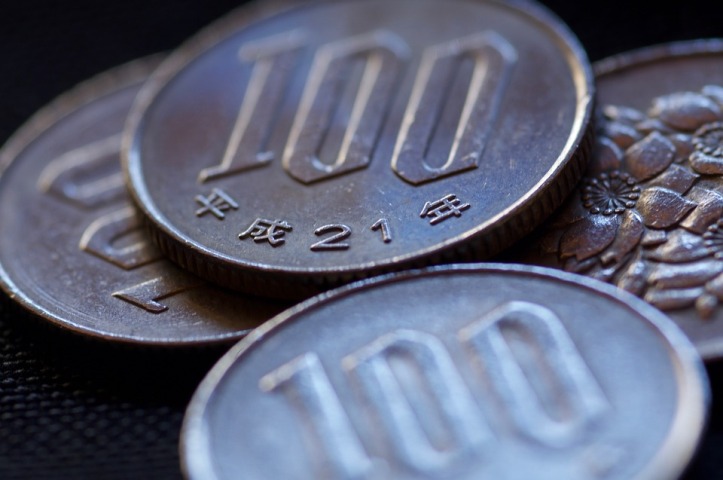Japanese Yen falls after China's new measures to boost economy

- Country:
- China
- Japan
The yen pulled back on Friday after China announced new measures to support its economy and hopes grew that upcoming U.S.-China trade talks would make some progress, although the Japanese currency remained on course for its best week in 11 months. The yen's large gains this week, exacerbated by a flash crash on Thursday in holiday-thinned markets, were a stark example of investors' demand for safety after stocks plunged and fears of a slowdown in China grew.
On Friday, market sentiment improved when China confirmed that trade talks with the United States would be held in Beijing on Jan. 7-8. Trade tensions between the world's two largest economies rattled financial markets for most of 2018. China's central bank slashed the amount of cash that banks must hold as reserves for the fifth time in the past year and the latest effort to free up new lending and ward off a sharp economic slowdown.
The yen fell to as low as 108.45 before recovering some of those losses to trade at 107.98. It is now up 2.1 per cent this week, its best performance since February 2018. The dollar/yen exchange rate plunged in what many traders described as a flash crash on Thursday, reaching an intra-day low of 104.10.
"The flash crash exaggerated the fall but that trend of yen strength had already started," said Lee Hardman, an analyst at MUFG, citing investor concerns about global growth and the tendency to buy the yen during bouts of economic uncertainty.
Commerzbank analyst Ulrich Leuchtmann said moves like the rapid shift into buying yen have "the tendency of overshooting", accounting for Friday's pull back. Currencies such as the Australian dollar recovered after being hit hard in Thursday's scramble for safety. The Aussie gained 0.6 per cent to $0.7044, off Thursday's near-decade lows near $0.67.
Elsewhere, the euro held above $1.14, trading up 0.2 per cent at $1.1414 despite a survey showing that eurozone business activity fell to a four-year low in late 2018 and official data showing that inflation in December had slowed by more than expected. The dollar index, which measures the U.S. currency against a basket of rivals, was 0.2 per cent lower at 96.152.
Spooked by a weaker-than-expected survey of U.S. factory activity, investors have rushed to the safety of bonds while cutting their expectations for more Fed rate hikes. Futures markets are now fully pricing in a rate cut in the first half of next year.
Comments by Fed Chairman Jerome Powell later on Friday should help shape those expectations. A U.S. payrolls report later on Friday will also provide an indication of the health of the U.S. labour market. With some calm settling into markets, most emerging-market currencies rebounded. The South African rand and the Turkish lira were up more than 1 per cent. The Canadian dollar rose 0.3 per cent to C$1.3451, its third consecutive day of gains after touching an almost 20-month low earlier in the week.
(With inputs from agencies.)
ALSO READ
Indian stocks marginally lower Friday, retail inflation data now in focus
FOREX-Euro crumbles as investors eye ECB rate cuts, yen hits new 34-year low
Watch SpaceX Falcon 9 launch 23 Starlink satellites to low-Earth orbit on Friday
46 percent of digital transactions in the world taking place in India: Rajnath Singh at poll rally in Dantewada.
US STOCKS-Wall St recovers from Friday's sell-off amid Mideast jitters










